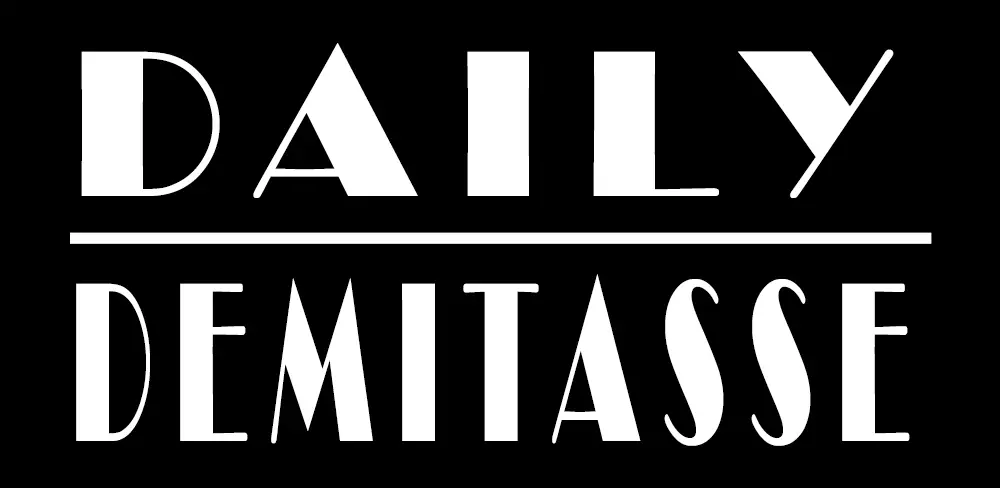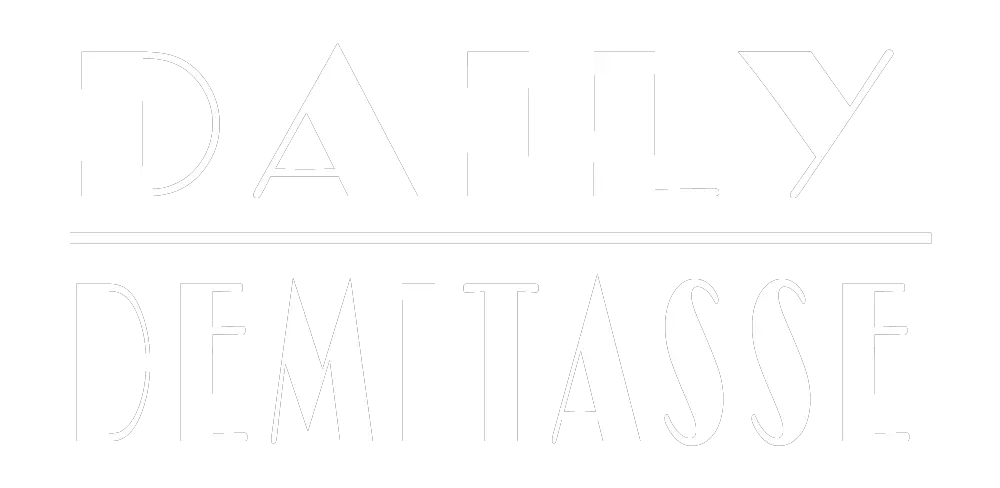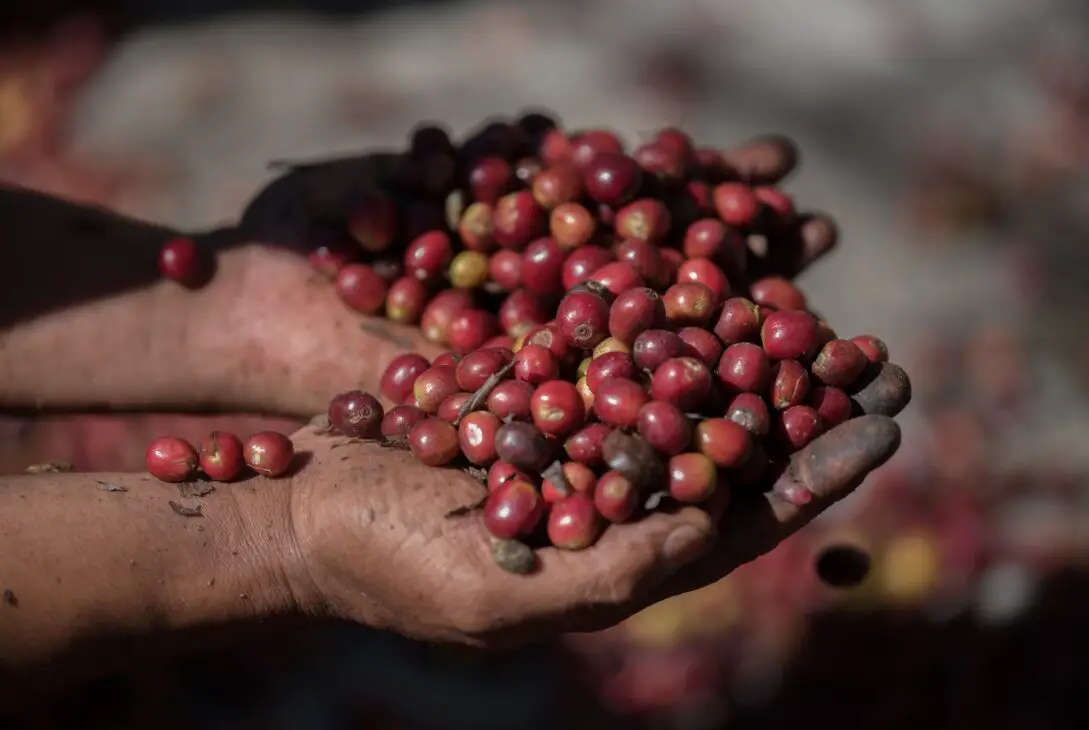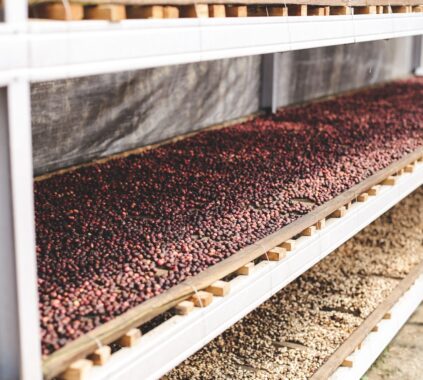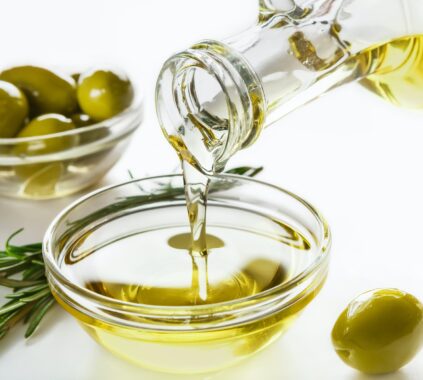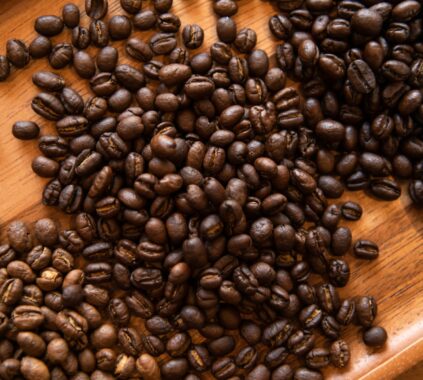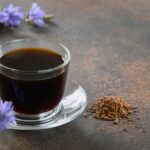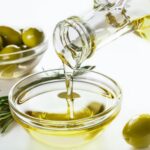If you’re an avid coffee drinker, you’ve probably noticed a myriad of certifications on your coffee beans, like Organic, Fair Trade, and Rainforest Alliance. But what do these labels mean, and why should you care? Grab a cup of your favorite blonde roast and let’s dive into the fascinating world of coffee certifications!
Table of Contents
Organic Certification
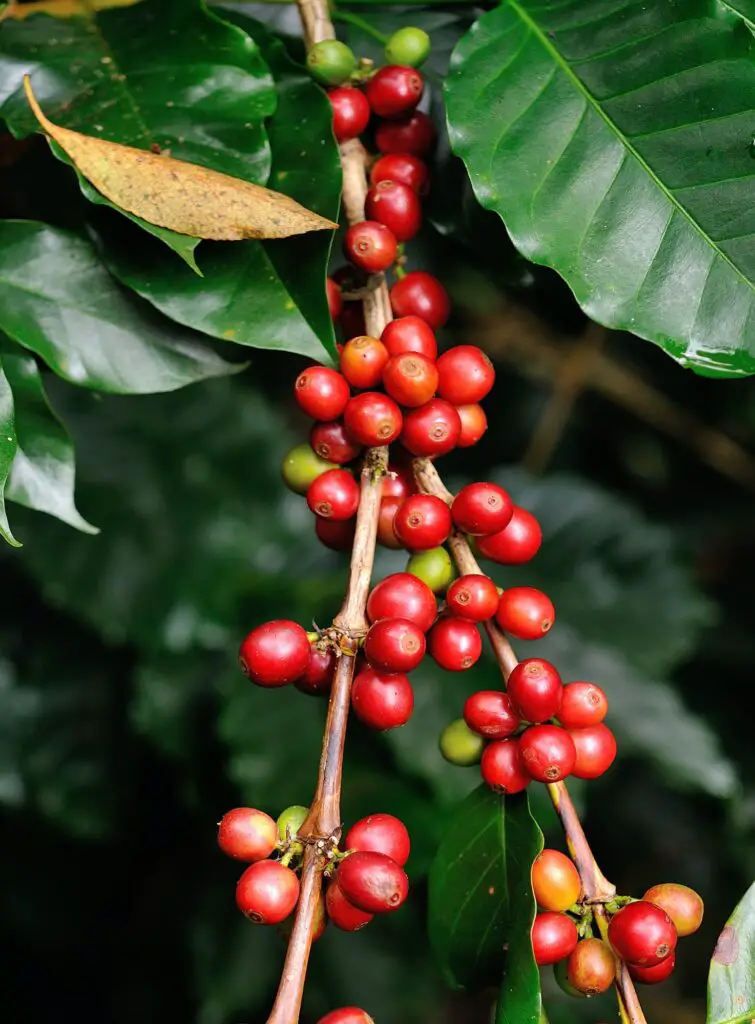
The Organic Coffee Crusade
Imagine sipping a cup of coffee, knowing that your beans were grown without any harmful chemicals. That’s the beauty of organic coffee! Organic certification ensures that coffee is produced without synthetic fertilizers, pesticides, or genetically modified organisms (GMOs). For example, the USDA Organic label guarantees that at least 95% of the beans come from organically-grown sources. Not only is this better for the environment, but it also promotes sustainable coffee farming.

The Organic All-Stars
When it comes to organic coffee, you’ll find brands like Equal Exchange and Counter Culture Coffee leading the way. Their commitment to ethical and sustainable practices has earned them a spot in the hearts of eco-conscious coffee drinkers everywhere.
Fair Trade Certification
A Fair Deal for Farmers
Imagine a world where coffee farmers earn a fair wage for their hard work. That’s what Fair Trade certification aims to achieve! Fair Trade ensures that coffee producers receive a minimum price for their beans, regardless of market fluctuations. This helps improve living standards for farmers and their families while promoting sustainable farming practices.
The Fair Trade Fanatics
If you’re looking for Fair Trade certified coffee, check out brands like Stumptown Coffee Roasters and Peace Coffee. These companies prioritize ethical sourcing, ensuring that farmers are paid fairly for their beans.
Rainforest Alliance Certification
Saving the Rainforest, One Bean at a Time
If you’re passionate about protecting our planet’s biodiversity, Rainforest Alliance certification is for you! This certification ensures that coffee is grown and harvested in ways that protect the environment, conserve wildlife habitats, and promote sustainable livelihoods for farmers. Brands that carry the Rainforest Alliance seal are committed to preserving the world’s precious rainforests.
The Rainforest Defenders
Caribou Coffee and Allegro Coffee are just a couple of examples of brands that proudly display the Rainforest Alliance certification. Their dedication to environmental conservation is truly commendable.
UTZ Certification
Unleashing the Power of Sustainable Coffee
UTZ certification focuses on the three pillars of sustainability: social, economic, and environmental. This means that UTZ-certified coffee is produced with respect for people and the planet. From responsible water management to improved working conditions, UTZ certification is all about promoting a better future for coffee producers and consumers alike.
The UTZ Trailblazers
Lavazza and Jacobs Douwe Egberts are two examples of brands that embrace UTZ certification. Their commitment to sustainability and ethical practices makes them a top choice for eco-friendly coffee enthusiasts.
Bird Friendly Certification
For the Love of Birds
Do you know what’s better than sipping a delicious cup of coffee? Knowing that your beans are helping protect our feathered friends! Bird Friendly certification, developed by the Smithsonian Migratory Bird Center, ensures that coffee is grown under a canopy of trees that provide critical habitat for migratory birds. This shade-grown coffee supports biodiversity and helps conserve the environment.
The Bird Friendly Frontrunners
Brands like Birds & Beans and Tiny Footprint Coffee are champions of Bird Friendly certification. By choosing these brands, you’re not only treating yourself to great-tasting coffee but also supporting the conservation of bird habitats.

FAQs
Q: Can a coffee brand have multiple certifications?
A: Absolutely! Many coffee brands strive to achieve multiple certifications, reflecting their commitment to environmental, social, and economic sustainability. For example, a coffee brand may be both Fair Trade and Organic certified, ensuring ethical practices and organic farming methods.
Q: Does certification guarantee better-tasting coffee?
A: While certifications focus on ethical and sustainable practices, they don’t necessarily guarantee better taste. However, many coffee aficionados argue that sustainably-grown coffee tends to taste better due to the care taken in the cultivation process. Ultimately, taste is subjective, so it’s essential to find a coffee that suits your preferences.
Q: How can I find certified coffee brands?
A: Most coffee certifications have recognizable logos that can be found on coffee packaging. You can also visit the websites of various certification organizations, which often provide lists of certified brands and products.
Q: Are certified coffees more expensive?
A: Certified coffees may sometimes come with a higher price tag due to the costs associated with meeting certification standards. However, many consumers feel that the benefits of supporting ethical and sustainable practices outweigh the extra cost.
Got Certs?
So, there you have it! The world of coffee certifications, demystified. Now that you’re well-versed in the various certifications, you can make more informed decisions about the coffee you drink. Whether you’re sipping on an espresso or a mocaccino, knowing that your beans are sourced ethically and sustainably will make every cup taste that much better. Cheers to a more conscious coffee experience!
Daily Demitasse is a participant in the Amazon Services LLC Associates Program, an affiliate advertising program designed to provide a means for sites to earn advertising fees by advertising and linking to Amazon.com. We also participate in other affiliate programs which compensate us for referring traffic.
